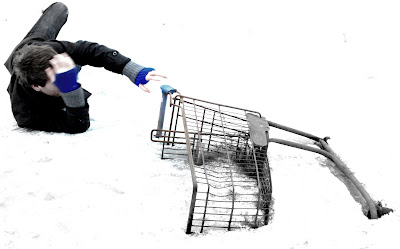So, how to report my abject failure in finding an Argentinian beer here in sunny Hong Kong? Luckily for me, Argentina have proved equally unsuccessful.
A quick google reveals that Quilmes is the Argentinian beer of choice, but an attempt to find Honk Kong based outlets proved unsuccessful. It was time for another idea. Obviously the Argentinian Consulate here will be happy to help me with my inquiries, right? Maybe they have a few cases stashed away behind the Fererro Rocher. But no dice! Finding beer for me, even if it means the chance of winning further beer, is not "an official consular service." My dreams are dashed, I was picturing sitting in the lobby of the opulent consulate, sipping a cool beer and discussing the geopolitical situation in a South America where Brazil is rapidly becoming a global power. It was not to be.
Twitter user @RecentlyDrunk helpfully suggested that I could find some in my local Tesco. That's probably in Dover, 5935 miles away, and although I am committed to beer, I am not that committed. I also tried a Argentinian restaurant, but they are apparently no bigger fans of their nation's most popular drink than the consulate general. Come on, Argentina! Have some national pride!
As the video indicates, I decided to find a Brazilian beer, because it's next to Argentina, and probably at least one Argentinian has drunk beer from there. Once. Also, Skol is available at the local store for the princely sum of 90p for 3. And there you have it:

It's not Argentinian, but it's closer than Tsingtao.














